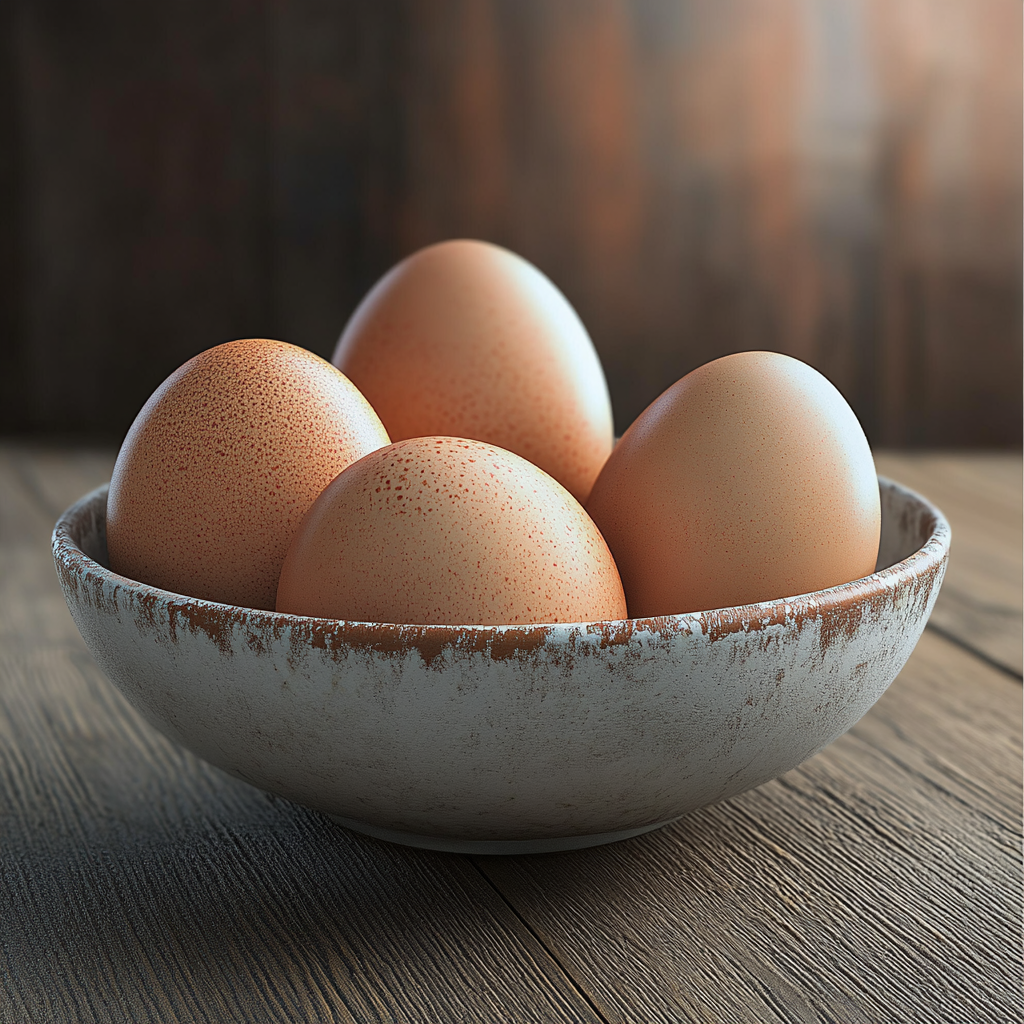Remember that annoying “chicken or egg” question that’s been driving everyone crazy since forever? Well, scientists just dropped some major knowledge that’s going to blow your mind. Not only did the egg come first, but it might be older than most life on Earth. Let’s dive into this wild discovery that’s making everyone rethink everything they know about life.
Why this discovery changes everything we thought we knew
- First up, meet your billion-year-old ancestor: Chromosphaera perkinsii. This tiny single-celled organism, found chilling in Hawaiian marine sediments, is basically the great-great-great (add a billion more “greats”) grandparent of every egg that’s ever existed.
- Scientists at the University of Geneva were just casually studying this ancient microbe when they stumbled upon something absolutely wild: it had the genetic instructions for embryonic development. That’s right – the blueprint for making eggs existed before animals were even a thing.
The wild truth about evolution that nobody saw coming
- Here’s where it gets crazy, this little microbe forms colonies that look suspiciously like embryos. It’s like nature was practicing making complex life forms way before it actually made them.
- The genetic activity in these colonies is eerily similar to what happens in animal cells during development. It’s like finding out your great-ancestor’s diary and realizing they wrote exactly like you do.
The Hawaii connection that’s freaking everyone out
- Scientists found this game-changing organism in marine sediments near Hawaii in 2017. Talk about a vacation discovery! But seriously, this tiny Hawaiian resident is helping us understand how single-celled organisms eventually evolved into complex life forms like us.
The plot twist that has scientists scratching their heads
- Just when you think you’ve got it figured out, there’s this thing called convergent evolution. Basically, different species can develop similar traits independently. It’s like nature’s version of great minds thinking alike.
- Remember how some creatures randomly evolve to look like crabs? Scientists think something similar might have happened with egg development. It’s like nature found a really good recipe and kept using it.
Why this matters more than you think
This isn’t just about solving a philosophical riddle. Understanding how eggs evolved could help us understand how all complex life developed. It’s like finding the source code for life itself.
The chicken drama you never knew existed
Let’s talk about chickens for a second. Those birds we know today? They’re basically designer animals created by ancient chicken breeders who mixed different jungle fowl species. So not only did eggs come first, but chickens are basically the iPhone of the bird world – carefully designed and refined over generations.
The genetic detective story that’s still unfolding
Scientists are now diving deeper into this microbe’s genetic code, trying to understand exactly how these ancient egg-like structures worked. It’s like reading a billion-year-old instruction manual for making life.
What this means for the future of science
This discovery isn’t just about the past – it’s opening up new possibilities for understanding how life develops and evolves. Imagine being able to trace the entire history of life on Earth through the evolution of eggs.
The questions nobody can answer yet
While we’ve solved the chicken-and-egg debate, this discovery raises even more mind-bending questions. Like, if eggs existed before animals, what other wild evolutionary secrets are still out there waiting to be discovered?
Why biologists can’t stop talking about this
This isn’t just another cool science discovery – it’s fundamentally changing how we think about life’s evolution. It’s like finding out that your family tree goes back way further than you ever imagined, and your ancestors were way cooler than you thought.
The next time someone tries to stump you with the chicken-and-egg question, you can blow their mind with this knowledge. Not only did the egg come first, but it might be one of the oldest biological innovations on Earth. Now that’s something to think about while eating your morning omelet!
















